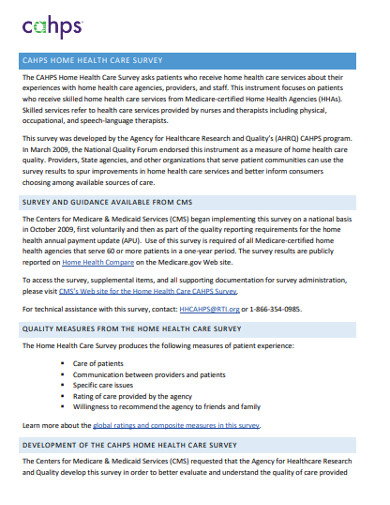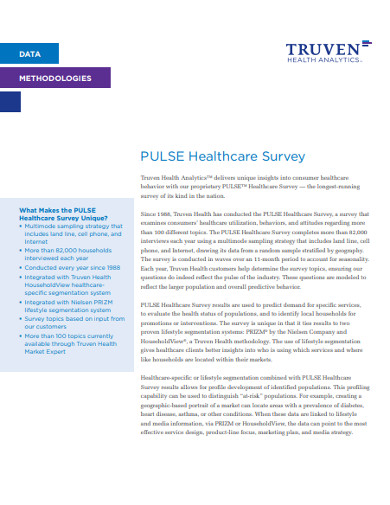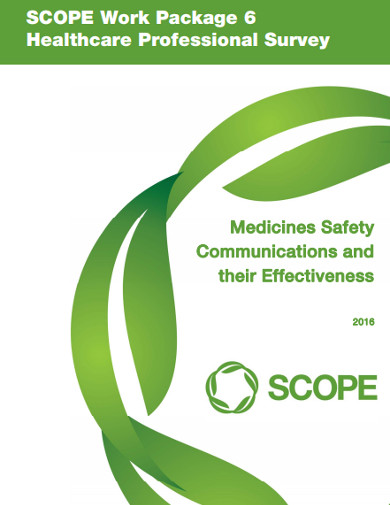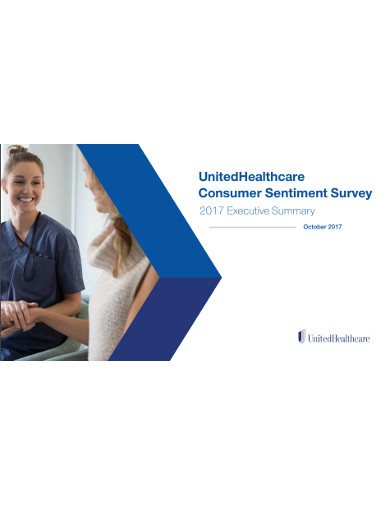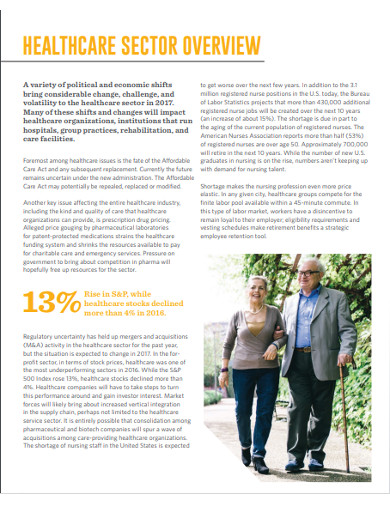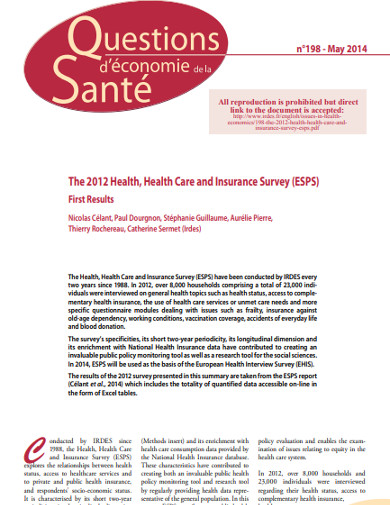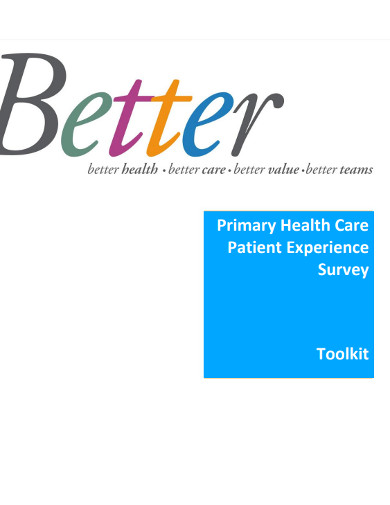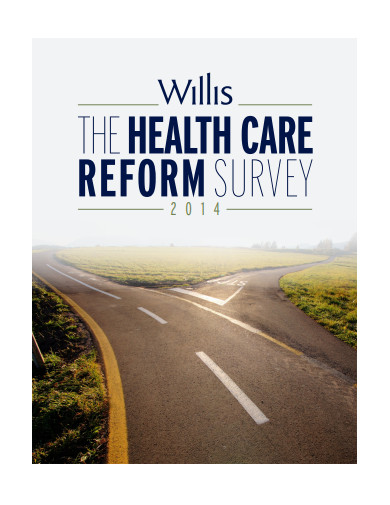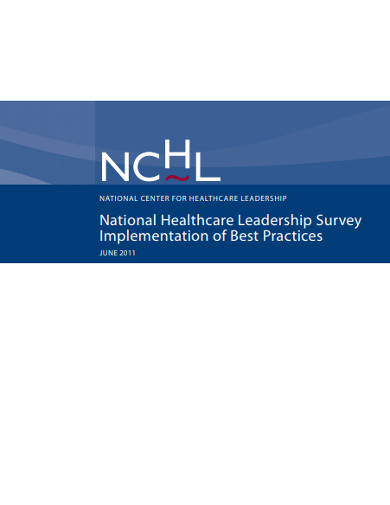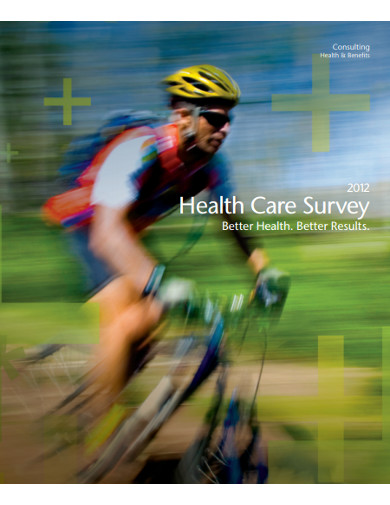10+ Health Care Survey Examples to Download
Healthcare surveys encourage patient feedback on their experiences – quality of care, facilities and staff – for insights that are key to service improvements. Healthcare surveys are very important because sometimes the patients want to say something about their experience. A healthcare survey reaches out to many patients and helps them speak up and as a result, aids in understanding them, which results in better patient care and higher patient satisfaction. The patient’s opinions are taken on a variety of topics, which basically helps in the long-term betterment of the patients themselves. Below we are providing 10+ Health Care Survey Examples & Templates for your benefit.
Health Care Survey Examples & Templates
1. Home Health Care Survey
This is targeted at the patients who receive home healthcare services and takes their opinion on a variety of subjects like the quality of services provided, the agency providing the services and the personnel and staff that are used to provide the services. This survey helps in evaluating the quality of home healthcare. It helps in improving patient outcomes. The attached article is an example of such a survey.
2. Pulse Healthcare Survey
Since 1988, Truven Health has conducted the Pulse Healthcare Survey, a survey that examines consumers’ healthcare utilization, behaviours, and attitudes regarding more than 100 different topics. The Pulse Healthcare Survey completes more than 82,000 interviews each year using a multi-mode sampling strategy that includes landline, cell phone, and Internet, drawing its data from a random sample segregated by geography. The survey is conducted in waves over an 11-month period to account for seasonality. Pulse Healthcare Survey results are used to predict demand for specific services, to evaluate the health status of populations, and to identify local households for promotions or interventions.
3. Healthcare Compensation Survey
It includes current market data collected directly from hospitals, health insurance companies, and other types of organizations providing healthcare patient services. It is sometimes accompanied by enhancements that focus on industry segments with surveys specific to children and behavioural health. The attached article can explain the survey in a very detailed manner.
4. Healthcare Professional Survey
This is a survey done on healthcare professionals. After the survey, the responses are recorded and they are segregated in various ways and tabulated. The segregation is done on the basis of gender, specialization, age, mode of primary employment setting, for example, hospital-based or community-based. The attached specimen is a very good example of such a survey.
5. United Healthcare Consumer Sentiment Survey
The United Healthcare Consumer Sentiment Survey provides insights into Americans’ health care knowledge, opinions, and preferences. This annual, longitudinal survey tracks consumers’ opinions over time, helping us to inform about the conversation around how to make health care more affordable, accessible and easier to use. The data points are especially timely and relevant during open enrolment; the time each fall when Americans select their health benefits for the following year. The attached document provides an insightful account of the survey.
6. Health Care Survey Report
This is a survey on healthcare awareness among people and it seeks to understand the current and changing dynamics in the healthcare and healthcare payment front. It seeks to answer questions like why does a person not save enough for healthcare expenditure they may likely incur, during their working days. This attached specimen is a very good article on the importance of such a report.
7. Health Care and Insurance Survey
Conducted by IRDES since 1988, the Health, Health Care and Insurance Survey (ESPS) explores the relationships between health status, access to healthcare services and to private and public health insurance, and respondents’ socioeconomic status. It is characterised by its short two-year periodicity, its longitudinal dimension (Methods insert) and its enrichment with health care consumption data provided by the National Health Insurance database. These characteristics have contributed to creating both an invaluable public health policy monitoring tool and a research tool by regularly providing health data representative of the general population. The attached article provides an insightful account of this survey.
8. Primary Health Care Patient Experience Survey
This survey is aimed at primary healthcare patients. The survey tries to capture the experience of the most recent visitor any visit that is needed. The survey is short and is usually completed in 15 minutes. The attached article is a very good specimen of such a survey.
9. Health Care Reform Survey
Responding to the mandates and changes required by health care reform has been an evolving challenge for employers since its implementation. While employers continue to develop benefit strategies to address the many requirements set forth by health care reform, they are also confronted with an ever-changing regulatory landscape that can potentially interfere with their business goals. This article provides a good example of such a survey.
10. National Healthcare Leadership Survey
The survey was developed to assess the rate of adoption of evidence-based leadership development best practices by health care organizations and the extent to which adoption is related to certain Hospital Compare quality measures. The attached article explains it in detail.
11. Health Care Survey in PDF
The attached article is self-explanatory in explaining why we need a health care survey.



